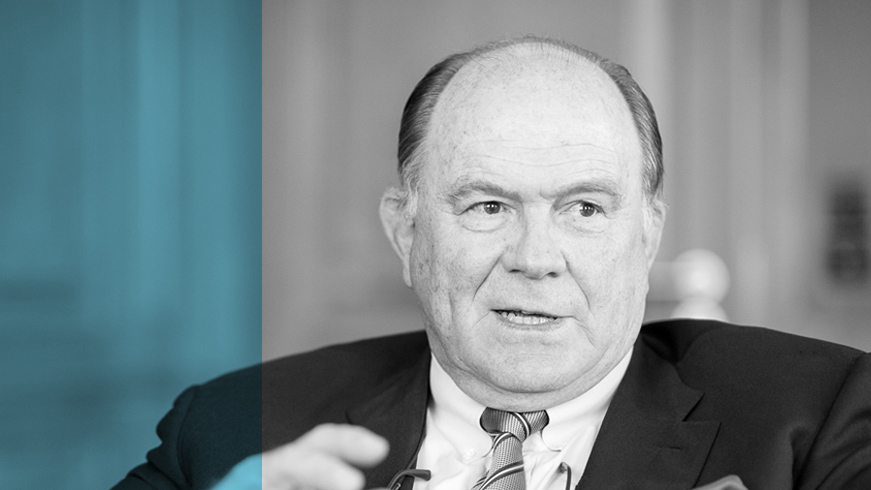What is your personal assessment of the standard of the employee benefits insurance in Switzerland?
Generally speaking, the standard is excellent. When I was young , old people were often poor, but this is no longer true today. However, the current challenges are formidable, and the upcoming BVG revision might break more than it fixes. Federal Councillor Berset‘s vision means that the active generation will have to carry a greater burden on behalf of the pensioners. The reason is simple: together with the pensioners and those who will soon retire, government employees and Social Democrats have the majority in the country. As increasing the retirement age or even reducing pensions would be political off-limits, everything has to be financed with a higher value added tax. This hits the working, active middle class the hardest. To me, this one-sided shifting of the burden to the active generation is unreasonable and cannot be sustained in the long run.
Pension funds find themselves in stormy waters, particularly in the face of demographic trends, low pension reserves and low interest rates. Will the pension funds – and therefore all of us – become victims of unfundable benefit promises?
I believe that too many pension funds promise benefits that may suit the needs of the average, but not the individual. People have very different needs. Some people have three children, while others have none. Many want to retire early, others want to work longer in order to enjoy a better standard of living. Some have assets, others do not. But the BVG defines benefits that apply to everybody, instead of making a distinction, for example through incentives to encourage people to save more during the savings phase. Nowadays we definitely need tailor-made solutions that take account of individual circumstances for the benefits phase, i.e. when pensions are being drawn. I am in favour of solutions that give the employees a choice. These days we apply the defined contribution principle. When someone retires, he should have the right to choose the solution and pension fund that best suit his needs.
What developments in the employee benefits insurance do you expect in the next three to five years?
The time has finally come to face the facts. We can continue to uphold a totally unrealistic conversion rate to the detriment of the active population, but the current practice where pensions are cross-subsidised by those who are still working is disturbing. How should those who are actively working today finance their pensions when they are old?





